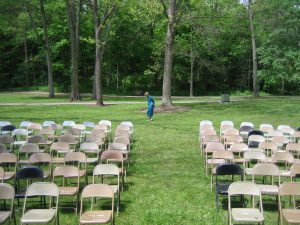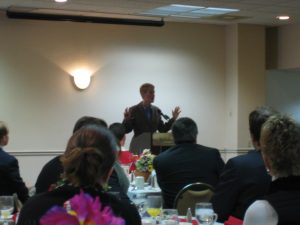 That title really roped you in, huh? Allow me to explain.
That title really roped you in, huh? Allow me to explain.
Earlier today I attended the Indiana University 2012 Business Outlook Panel in its visit to Richmond. It's a group that "has presented national, state, and local economic forecasts for the coming year to business, political, and community leaders of Indiana" for the last 38 years. I attended the same gathering back in 2005 and I have to say that today's commentary wasn't much different from what it was six years ago: "things are not great with the economy, but there are reasons to be cautiously optimistic."
As I noted in my reflections from the 2005 event, there were a couple of troubling ideas that permeated the remarks, especially from the panelists looking at global and national trends.
Continue reading "Quantitative easing and structural unemployment"


 I saw an article today about New York City mayor Michael Bloomberg's plan to introduce
I saw an article today about New York City mayor Michael Bloomberg's plan to introduce 

